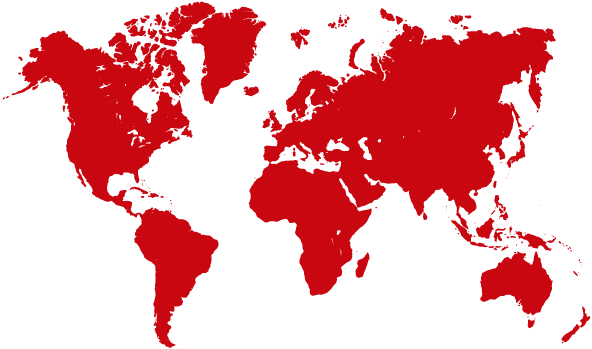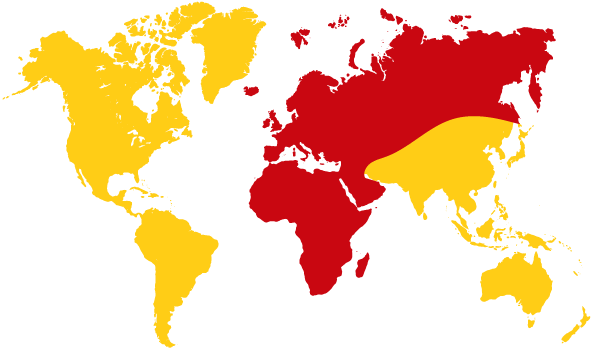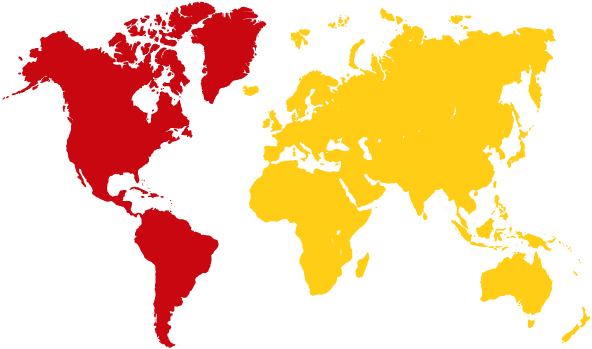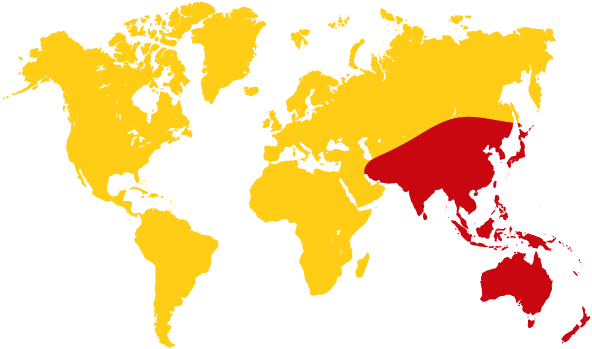IARU governance is defined in the Constitution. Each Region also has its own Constitution.
IARU is directed globally by the Administrative Council (AC), comprising the officers together with two representatives of each Region.
The Administrative Council:
a) coordinates the representation or the interests of amateur radio at international telecommunications conferences with the regional organisations, under the direction of the President;
b) establishes long-range planning in close cooperation with the regional organisations to preserve the basic purposes of amateur radio;
c) serves as coordinator between the regional organisations on all matters of mutual interest;
d) formulates such proposals for consideration by the Member-Societies as may be necessary to further the objectives of the IARU and
c) adopts such resolutions and recommendations as will facilitate the functioning of the IARU.
The AC and IARU are supported by the International Secretariat, provided by one of IARU’s Member Societies (currently ARRL).
The President and Vice President of IARU are elected by the Member Societies following a selection process coordinated by the International Secretariat. They serve for five years.
The three regions determine their own strategies within the overall IARU framework, through their three-yearly General Conferences. The officers and Executive Committees are elected at each General Conference.
Member Societies are elected as members of IARU globally but participate in the work of their respective Region.
IARU’s main focus is on representing the spectrum interests of amateur radio to the ITU, the Regional Telecommunications Organisations and to CISPR. Policies are developed in partnership with Member Societies and IARU draws heavily on experts from Member Societies to develop position papers and to advocate IARU’s position in regulatory meetings.
On the pages to the left you will find explanations of how the IARU is governed and the important roles played by volunteers who work through the IARU and its member-societies for the protection and promotion of the amateur and amateur-satellite services.



